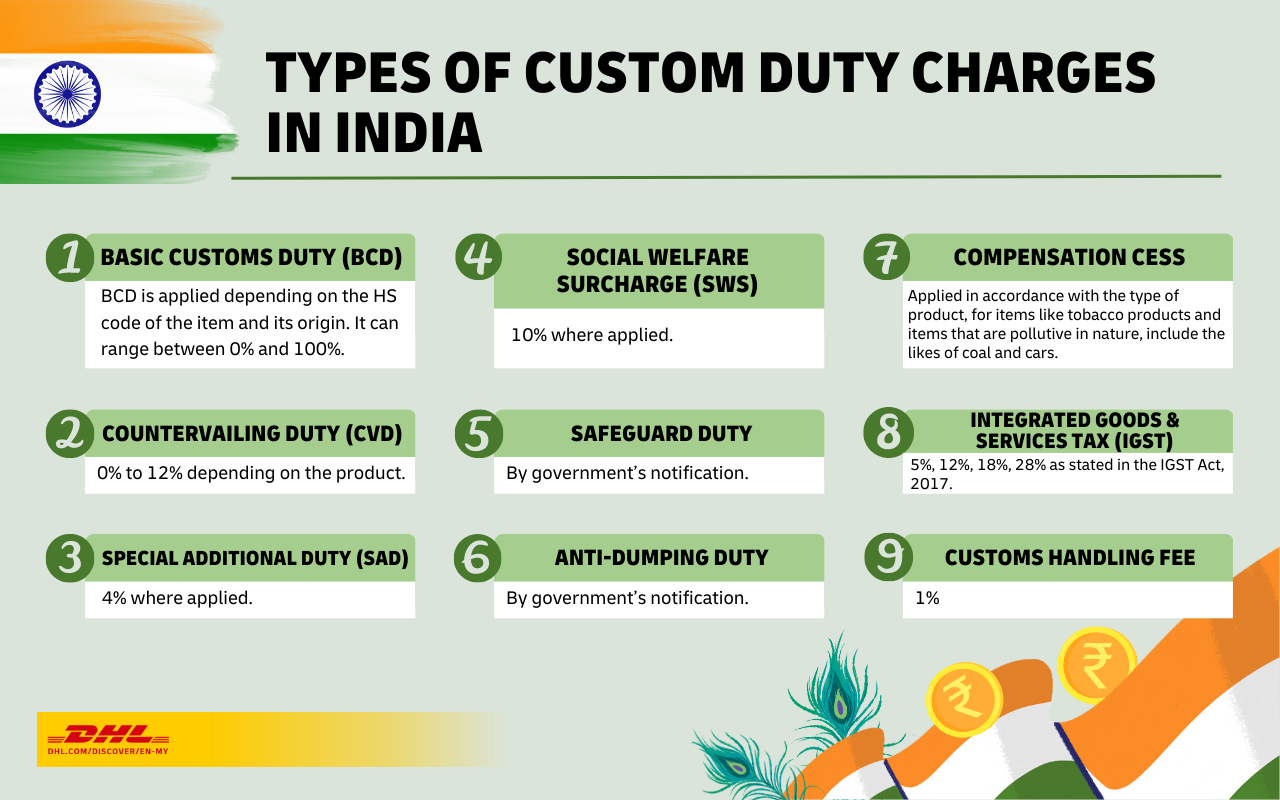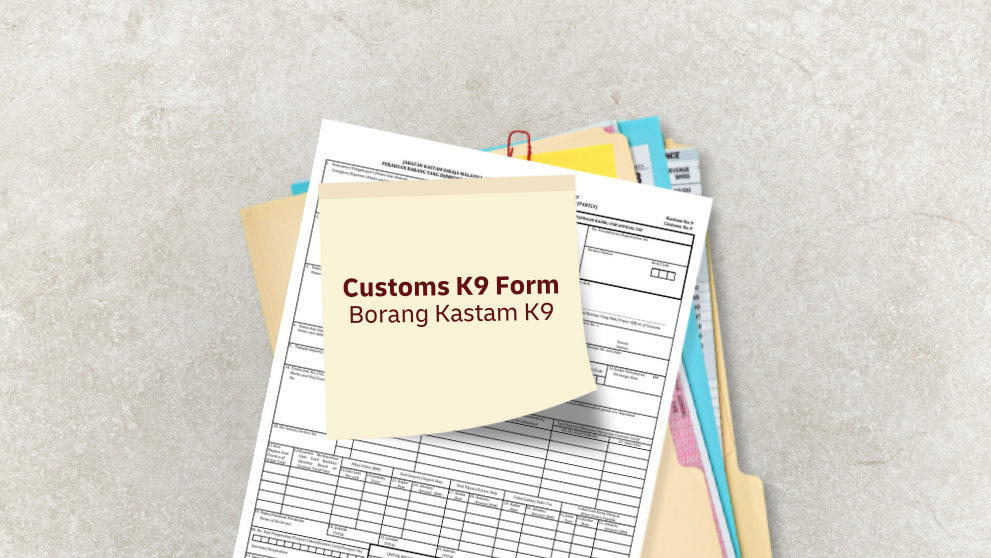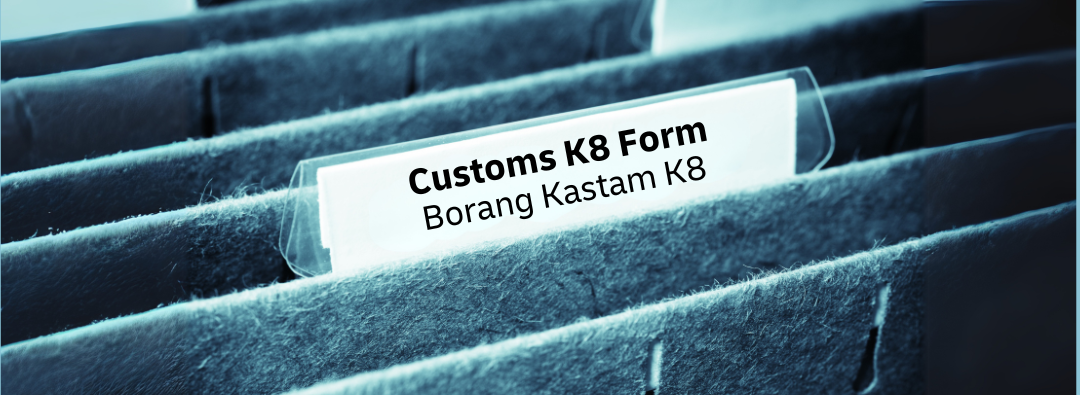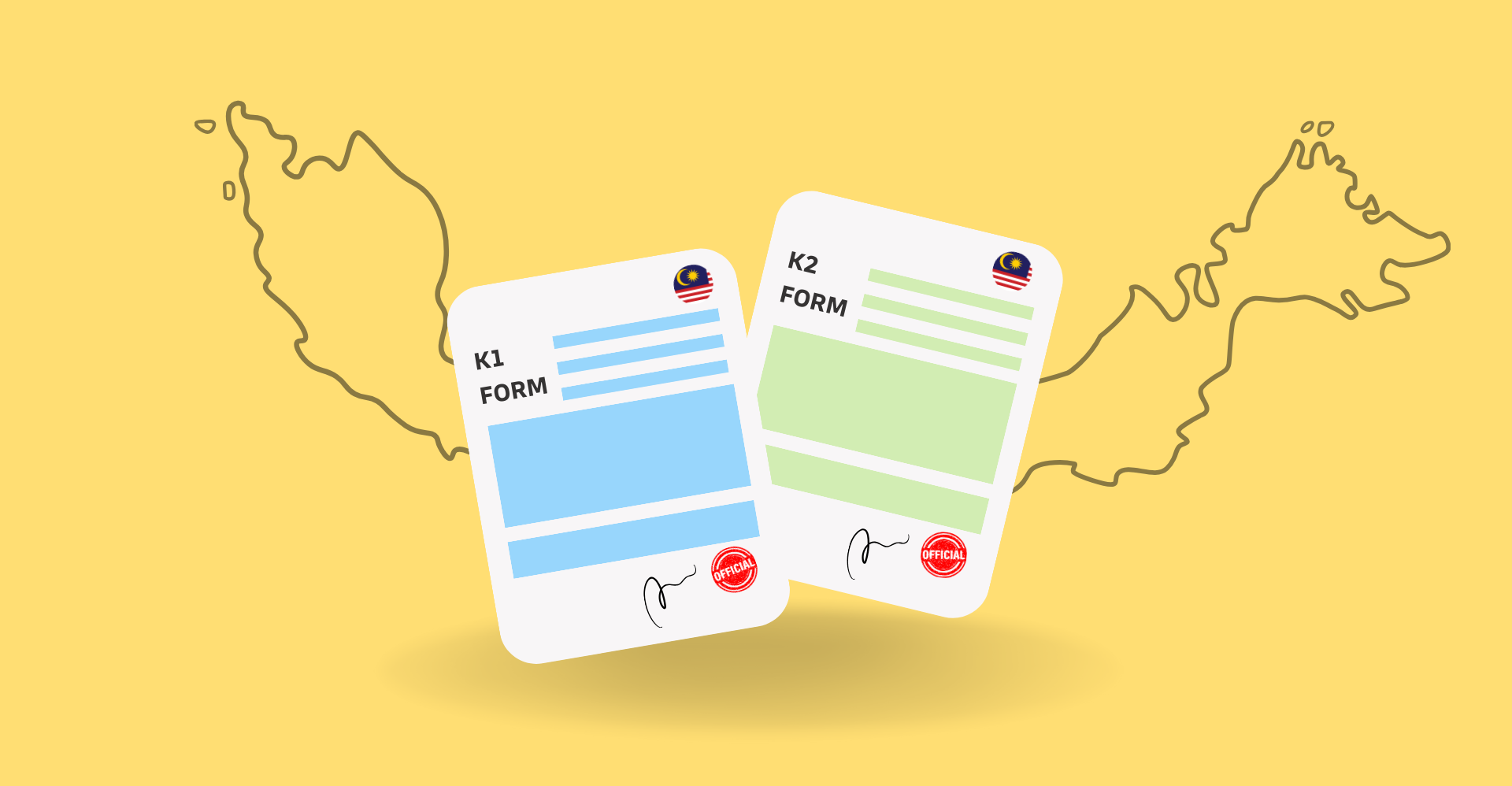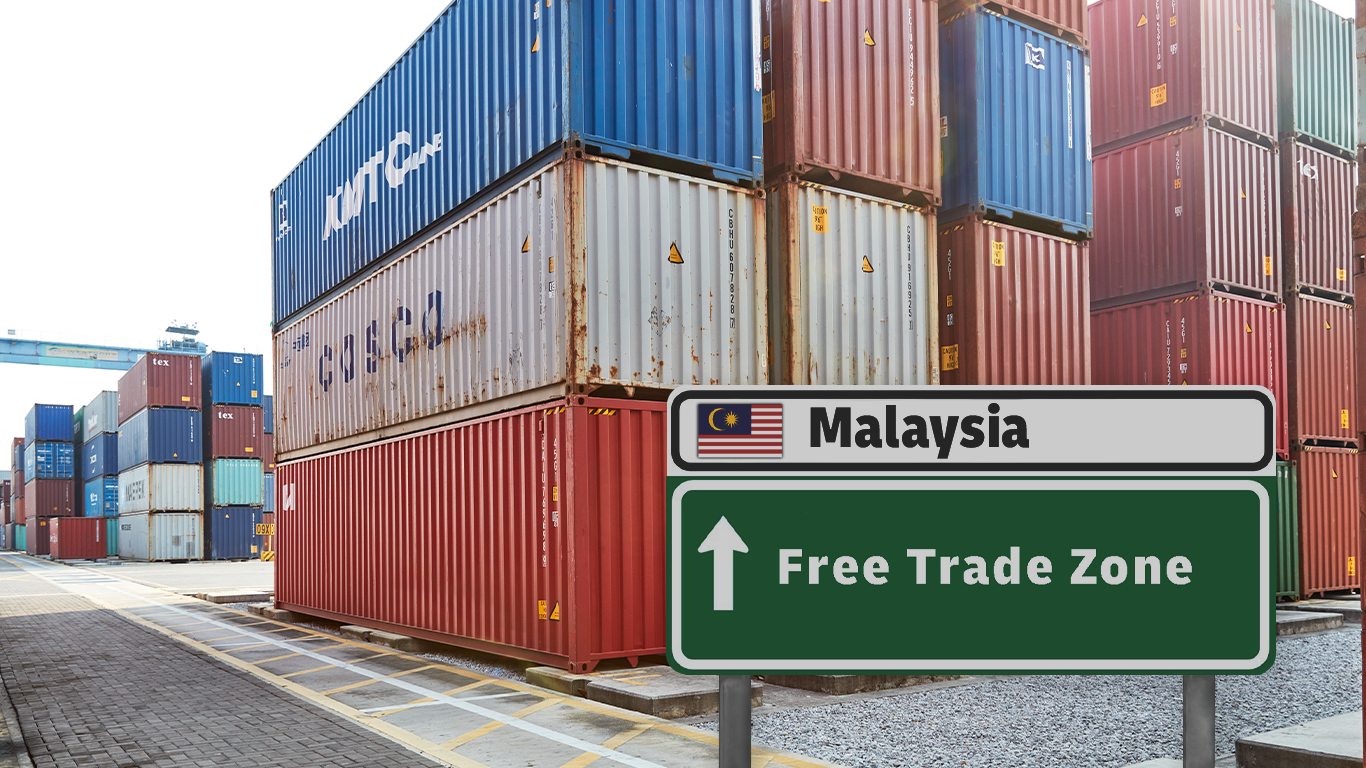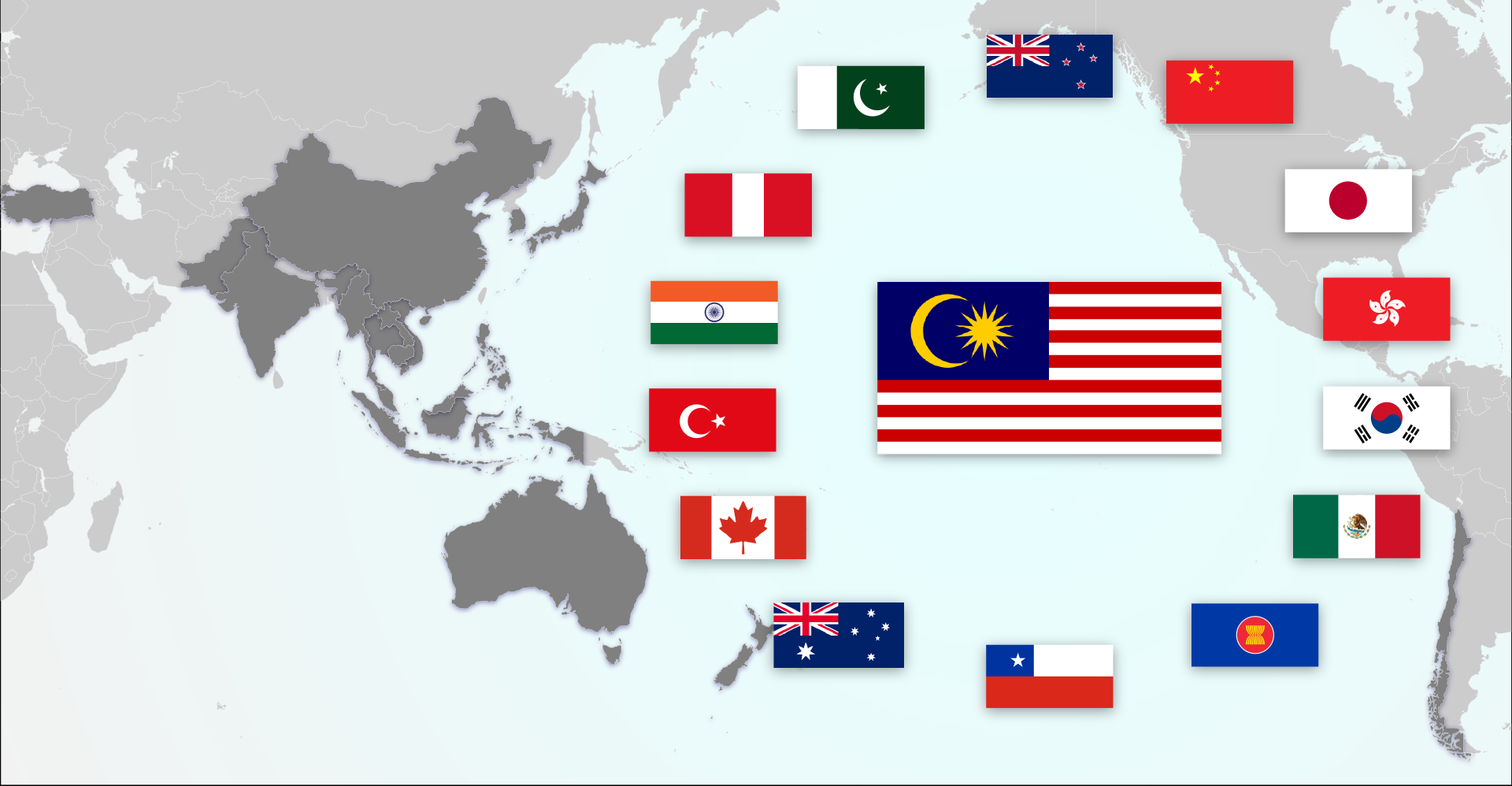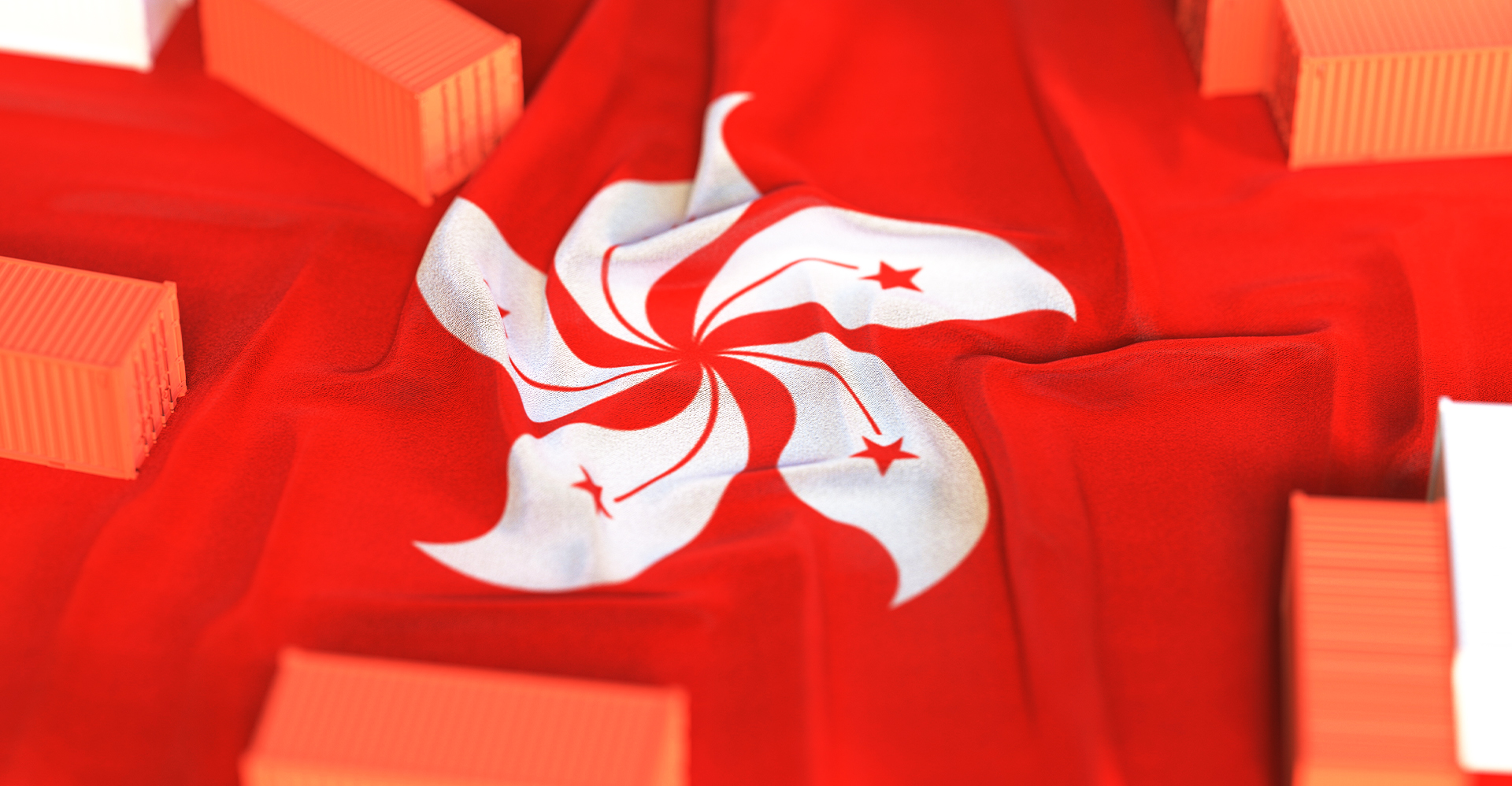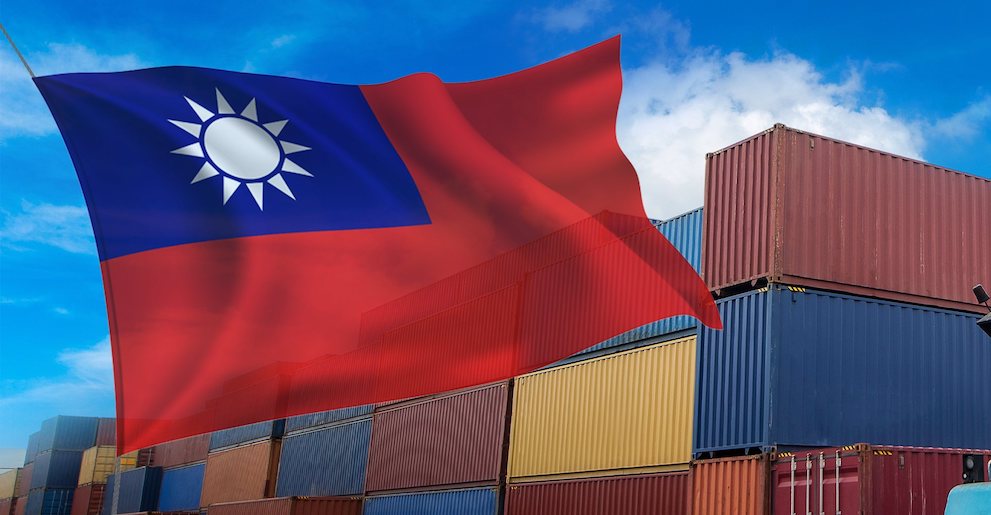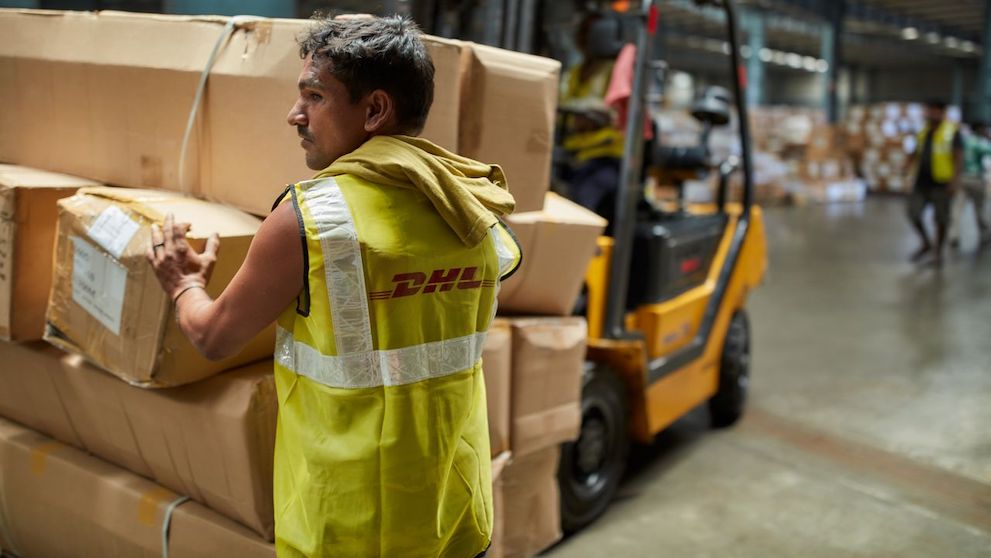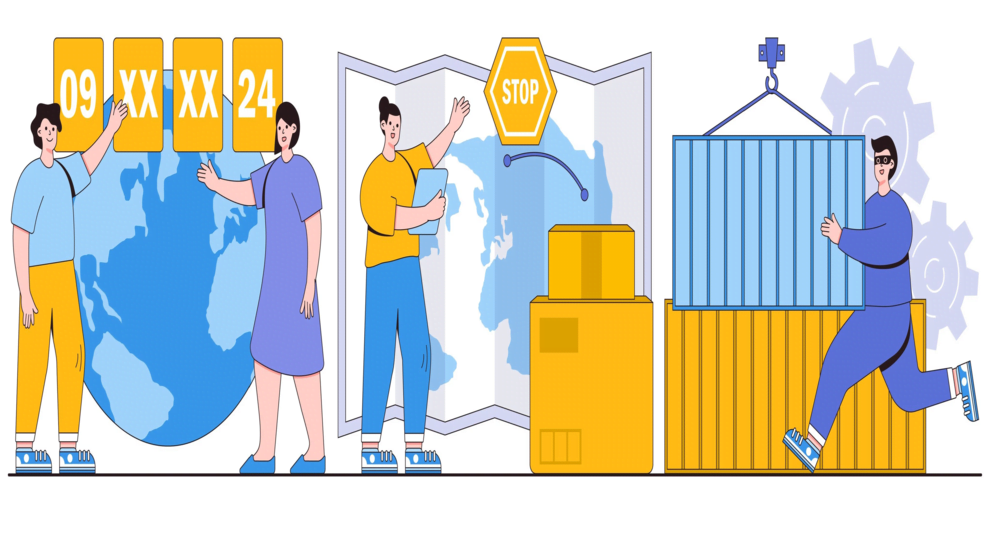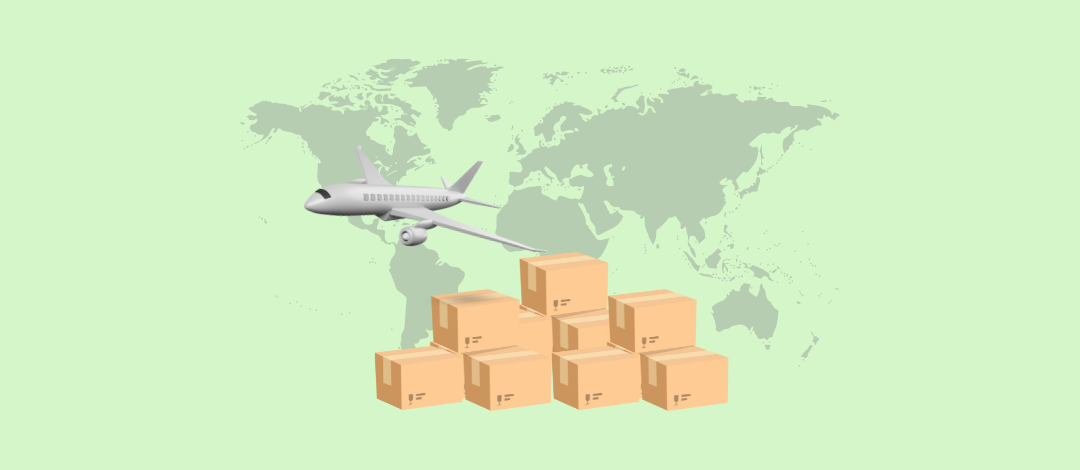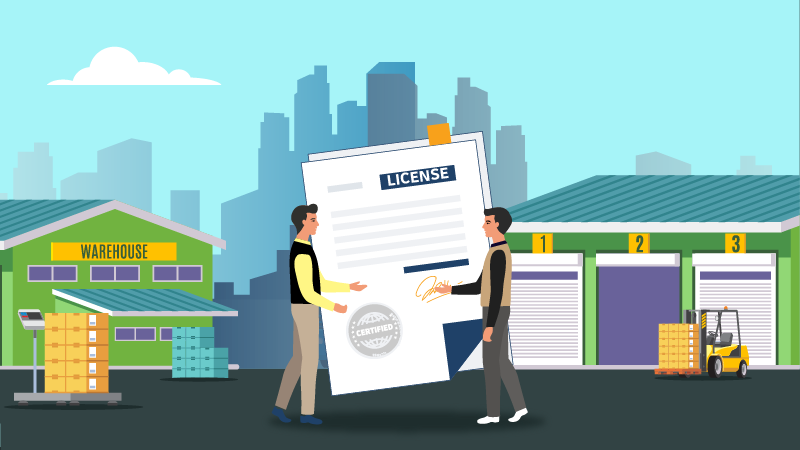All imports into India will primarily be levied 4 duties and taxes, including Basic Customs Duty (BCD), Customs Handling Fee and Integrated Goods and Services Tax (IGST) and Social Welfare Surcharge.
Here's the calculation of each duties:
Calculating Basic Customs Duty
To calculate customs duty, multiply the total value of goods by the customs duty rate.
For example, you want to import 2,000 umbrellas into India worth INR 200 each.
Countervailing Duty (CVD)
CVD is imposed on goods that receive tax breaks or subsidies in their country of origin, with the aim of ensuring fairness in competition with domestically produced goods.
Steel products, chemicals, and agricultural goods are some of the goods that are subject to this duties.
The Indian government conducts periodic inspections on a variety of goods to establish the necessity of CVD. Some of the Malaysian produced goods that are undergoing CVD investigation are:
- Clear float glass
- Coated and uncoated textured tempered glass
- Countinuous cast copper wire rods
- Copper tubes and pipe
- Saturated fatty alcohols
- Aluminium primary foundry alloy ingot
- Aluminium wire, wire rod above 7mm diameter
- Fiberboards
Anti-dumping Duty
When goods are sold below market value or cost of production in a foreign market, it's termed 'dumping'.
This practice can harm domestic industries. To counter such threats, the Indian government investigates suspected dumping cases and enforces anti-dumping duties.
Special Additional Duty (SAD)
A SAD is levied on certain imported goods, which their locally produced counterparts are subject to sales tax. This ensures that local manufacturers do not lose out. The calculation of SAD is based on the sum of the taxable value of the items and other taxes paid, like BCD and CVD.
Safeguard Duty
This is a temporary duty Indian government impose on goods that has a sudden surge in imports to the country, with the aim to protect the domestic industry from serious injury.
For example, India imposes a 25% Safeguard Duty on imported solar panels from China and Malaysia.
Customs Handling Fee
India levies a 1% customs handling fee on the combined value of goods, freight, and insurance for all imports.
Calculating Duties and Taxes
Malaysia and India share a longstanding trade relationship, dating back to 1957 when we first established close bilateral economic ties. In 2022, the bilateral trade surpassed $17 billion.
With the continuous enhancement of these trade relations, there is a significant opportunity for Malaysian businesses to venture into this land of spices.
However, India's import duties can be intimidating and perplexing, as the country imposes several duties and taxes on imports.
How much are India’s Customs Duties and Taxes?
All goods imported into India are subject to duty. The duty is levied at the time of import and is paid by the importer of the goods. The main purpose of import duty is to protect Indian industries from cheaper foreign goods. Goods & Services Tax (GST) is levied on all imported goods, with the tax rate being 10% of the value of the goods. In addition, there is the Integrated GST or IGST which is applied to the value of the imported goods plus all applicable customs duties. Other than the standard GST taxes, a levy known as GST Compensation Cess is imposed. GST Cess is levied on the supply of certain reportable goods, usually goods in the luxury and low-value categories.
In order to work out custom duty rates in India, you will need the HS code for your products. Known as the HSN code in India, this is the code used in the Harmonised Commodity Description and Coding System, a globally known technique of identifying product types.
List of Goods Exempted from Custom Duty
Do note that there does exist a list of goods that are exempt from custom duty in India. According to Central Board of Indirect Taxes & Customs (CBIC), there is a need to apply for the following licences:
Advance Licence
Special Advance Licence
Value Based Advance Licence
Types of Custom Duty Charges in India
India imposes a total of 8 duties and taxes on the imports.
The 4 essential import duties and taxes include Customs Duty, Customs Handling Fee, Integrated Goods and Services Tax, and Social Welfare Surcharge.
Additionally, there are 3 secondary duties and taxes that may apply to your imported goods: GST Compensation Cess, Anti-Dumping Duty, and Safeguard Duty.
Customs Duty
Also known as Basic Customs Duty (BCD), this duty is levied based on 2 methods –
1. A specific rate based on the unit of the item (weight, quantity, and volume).
2. Ad-valorem, based on assessable value of the item.
Integrated Goods and Services Tax (IGST)
IGST is applied to all imported goods and is computed based on their value, which includes the customs duty levied on them.
To ascertain the IGST amount due, the first step is to identify the HS code for your goods and check the applicable IGST rate on India's official GST website.
Social Welfare Surcharge
The Social Welfare Surcharge is levied on all goods in the First Schedule to the Customs Tariff Act of 1975.
It was introduced in the Budget 2018 to replace the education cess.
It is calculated at a 10% rate on the sum of duties, taxes, and cesses imposed on all imports.
GST Compensation Cess
The introduction of this levy aims to ensure a fair distribution of revenue across the supply chain in India. It only applies to goods that have an impact on the revenue of local manufacturers.
Below, you will find the complete list of goods and their respective GST Compensation Cess rates.
Anti Dumping Duty
When goods are sold below market value or the cost of production in a foreign market, it's termed 'dumping.' This practice creates unfair competition that can harm domestic industries.
To counter such threats, the Indian government actively investigates suspected dumping cases to determine whether the enforcement of anti-dumping duties is needed.
In 2023, there are 15 ongoing investigations and 29 concluded cases for Malaysia imports. The status and reports of these investigations are published on the website of the Directorate General of Trade Remedies India
Safeguard Duty
The Indian government imposes safeguard duty on commodities from a foreign country to ensure excessive volume imports do not harm the domestic industry.
The rate of safeguard duty varies from goods. For example, India imposes a 25% Safeguard Duty on imported solar panels from China and Malaysia.
Customs Handling Fee
A 1% customs handling fee will be charged on all imports, in addition to the applied customs duty.
Calculate Duties and Taxes
All imports into India will primarily be levied 4 duties and taxes. They are; Basic Customs Duty, Customs Handling Fee and Integrated Goods and Services Tax (IGST) and Social Welfare Surcharge.
To understand how to calculate each duty and tax, let’s look at each case below.
Calculating Basic Customs Duty
To calculate customs duty, multiply the total value of goods by the customs duty rate. For example, you want to import 2000 umbrellas into India worth INR 200 each. Let’s take a look at the step-by-step calculation below:
Calculating Customs Handling Fee
To calculate customs handling fees, add the Insurance and Freight costs to the total value of goods before multiplying with the Customs Handling Fee.
Using the same example as above, customs handling fee for 2,000 umbrellas value at INR 200 each is:
Calculating Social Welfare Surcharge
To calculate Social Welfare Surcharge, multiply the basic customs duty payable by the social welfare surcharge rate, which is 10%.
Here's how the calculation of 2,000 umbrellas with each value at INR 200 looks like:
The Social Welfare Surcharge is INR 8,000.
Calculating Integrated Goods and Services Tax
To calculate Integrated Goods and Service Tax on imports into India, use the formula below.
Duties and Taxes Threshold and Exemption
The de minimus threshold of India is INR 0. This indicates that all imports to India are subject to basic customs duty and import taxes.
India does not exempt duties and taxes on any goods from Malaysia.
Import Tax Payment Method
India primarily uses ICEGATE for all import duty and tax payments into the country.
To use ICEGATE, you need to, first, apply for an ICEGATE account first.
Once you already have an ICEGATE account, follow the steps below to make payment:
Key in the Import/Export code or login credential provided by ICEGATE
Click on e-payment
All unpaid invoices of challans in your name will be provided
Choose the challan that you wish to pay and choose a payment method
You will be redirected to the particular bank’s payment gateway
Carry out the payment
You will be redirected to the ICEGATE portal, click print to save a copy of your payment.
Once your import duties are cleared, your shipments smoothly proceed through customs, reaching your recipient without a hitch.
India's intricate import duty regulations can be more challenging than in some familiar countries like Singapore, the United States, or Hong Kong. Getting a grip on these basics is just the first step in preparing your business for seamless cross-border trade with India.
With over 50 years of industry experience, we've come to understand that the nuances of customs regulations are often the cause of shipment delays and fines stemming from customs violations.
To steer clear of these hassles, partner with us! Our strong connections with customs authorities keep us informed about all customs changes, enabling us to expedite the customs clearance process for your shipments.
Yes, all items shipped to India are subject to duty.
India has a de minimis value of INR 0, indicating that there is no minimum threshold for duty tax exemption on imported items.
To calculate India's customs duty for your items, you can use the following formula:
[Item Value X Duty Rate = Duty Amount]
The item's value should encompass the commercial value of the goods, insurance, freight, and shipping costs.
The duty rate is determined by the Harmonized System Nomenclature (HSN) code assigned to your item.
To find the duty rate applicable to your item, you can visit India Trade Portal. Here's how you can do it:
If you know the HSN code for your item, enter it into the search bar.
If you don't know the HSN code, you can type in the item's description to search.
Once you find your item, click on the corresponding HS Code to view the applicable duty rates.
Please keep in mind that the customs authority has the final authority to determine the specific duty rate for your shipment.
India's import taxes and duties vary based on the type of product. As of the latest available data from the World Trade Organization (WTO) in 2017, here are the average tariff rates:
Average Bound Tariff Rate: 48.5%
Average Applied Tariff Rate: 13.8%
Average Bound Tariff for Agricultural Products: 113.5%
Average Applied Tariff for Agricultural Products: 32.8%
Please note that these figures are subject to change and may vary depending on specific products.
Every item imported into India is subject to import duty and tax.
India has a de minimis value of INR 0, indicating that there is no minimum threshold for duty tax exemption on imported items.
The only exception is for goods benefiting from specific trade agreements, which might qualify for duty and tax exemption.
The receiver is typically responsible for the payment of import duties and taxes.
If you wish to pay the duty and tax on behalf of the receiver, you will need to have an account with DHL Express or your preferred shipping service provider.
The import VAT rate in India is determined by the Goods and Services Tax (GST) system and ranges from 5% to 28%.
Most goods and services are subject to a standard rate of 18% under GST.
Some items may also have an additional compensation cess, as specified by the government.
Here are the key rates:
Highest VAT rate: 28% for goods like consumer durables, air conditioning, automobiles, cement, chocolate, and accommodations above 7,500 INR.
Standard VAT rates: 18% and 12%.
Reduced VAT rate: 5% for items like privately-provided transport, advertising, sugar, tea, coffee, and medicine.
Certain goods and services are exempt from VAT, including basic foods, postal services, books, and newspapers.
Please note that these rates may change based on government regulations.

